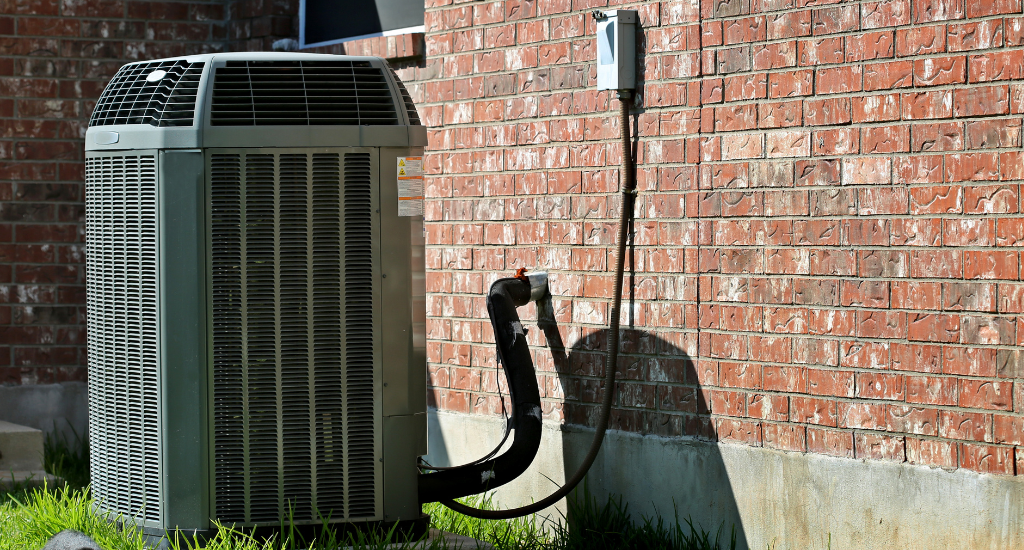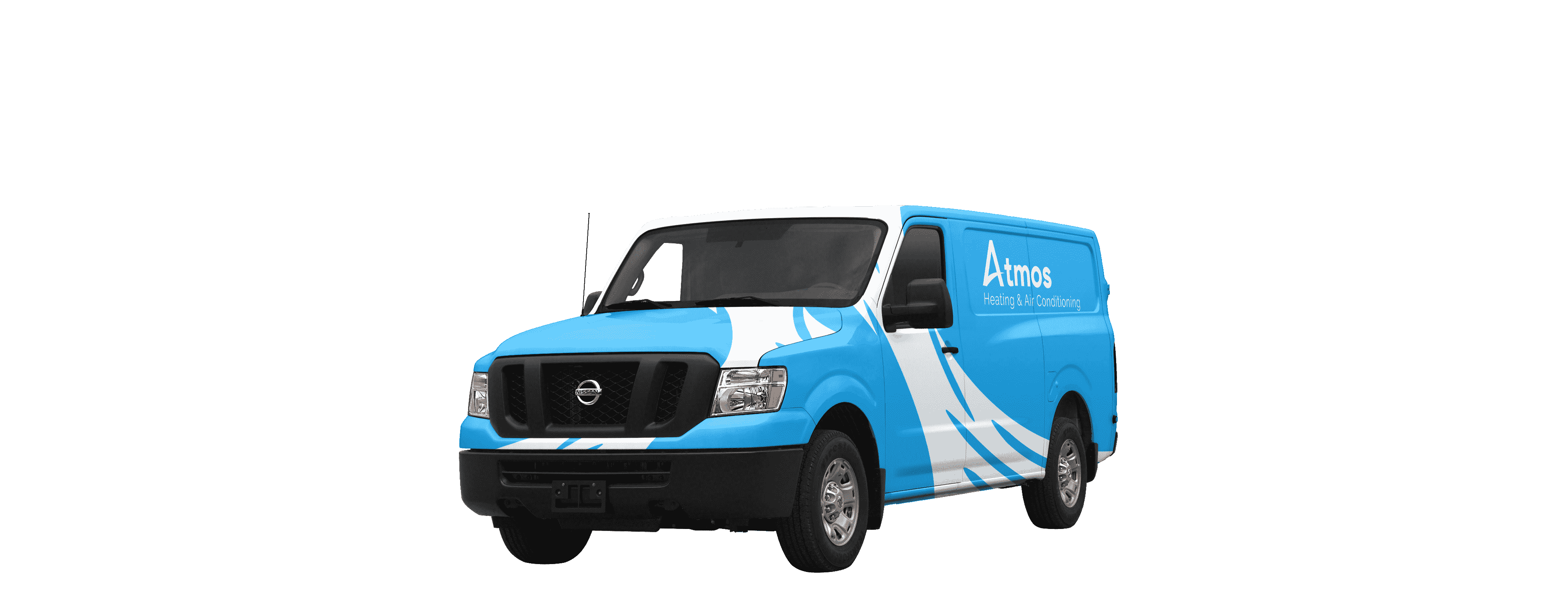South Florida, known for its tropical climate and sweltering heat, heavily relies on air conditioning systems to maintain comfort indoors. However, with the wear and tear of time, your trusty air conditioner may start showing signs of age, prompting the question: Is it time to replace your SoFla air conditioner?
In this article, we will delve into the key factors to consider when making this decision, ranging from signs of an aging unit to environmental considerations, cost analysis, health and comfort factors, technological advancements, long-term considerations, professional assessment, and real-life case studies. By the end, you will have a comprehensive guide to help you determine whether it’s time to upgrade your cooling system.

Signs of an Aging Air Conditioner
As air conditioners age, they may exhibit various signs indicating the need for replacement. One of the most noticeable signs is decreased cooling efficiency, characterized by longer running times and inconsistent temperatures throughout the house. You might find certain rooms warmer than others, despite the AC running continuously.
Moreover, aging air conditioners often lead to increasing energy bills. As the system struggles to maintain desired temperatures, it consumes more energy, resulting in higher utility costs. Frequent repairs and breakdowns also signal the decline of an aging unit, indicating that it may be more cost-effective to invest in a new system rather than continuing to patch up the old one.
Additionally, outdated technology in older models becomes more apparent when compared to newer, more advanced units. From energy efficiency to smart home integration, modern air conditioners offer a range of features that can enhance comfort and convenience while reducing environmental impact. Considering the age of your air conditioner is also crucial, as units typically have a lifespan of 10-15 years, after which their efficiency and reliability decline significantly.
Environmental Considerations
In environmentally-conscious times, the impact of air conditioning systems on the environment cannot be ignored. Older air conditioners tend to be less energy-efficient and may use refrigerants that contribute to ozone depletion or global warming. In contrast, newer models are designed to meet stringent energy efficiency standards and often use eco-friendly refrigerants that have lower environmental impact.
In a climate like South Florida’s, where air conditioning is a necessity for most of the year, opting for an energy-efficient, eco-friendly unit can significantly reduce your carbon footprint while also saving you money on energy bills in the long run. It’s essential to consider the environmental implications of your air conditioning choices, especially in a region where cooling needs are high.
Cost Analysis
Replacing an air conditioner involves upfront costs that can seem daunting at first glance. However, it’s essential to consider the long-term savings and benefits that come with investing in a newer, more efficient unit. While you may incur higher initial expenses, you’ll likely see significant savings on energy bills due to improved efficiency.
Furthermore, the cost of frequent repairs and air conditioning maintenance for an older unit can add up over time, making replacement a more financially viable option in the long run. Various financing options and incentives, such as rebates for energy-efficient upgrades, may further offset the initial cost of replacement, making it a more attractive investment.
Health and Comfort Factors
Beyond just cooling your home, your air conditioning system plays a crucial role in maintaining indoor air quality and comfort. Older units may lack advanced filtration systems, allowing dust, allergens, and pollutants to circulate freely, which can have adverse effects on respiratory health, particularly in a humid climate like South Florida‘s.
Newer air conditioners often come equipped with advanced filtration systems that can capture and remove a higher percentage of airborne particles, improving indoor air quality and promoting better health and comfort for you and your family. Additionally, these systems are better equipped to maintain optimal humidity levels, reducing the risk of mold and mildew growth while enhancing overall comfort.
Technological Advancements
Advancements in air conditioning technology have revolutionized the way we cool our homes. Modern units boast a range of features designed to optimize performance, energy efficiency, and convenience. From programmable thermostats to zoning systems that allow you to control temperatures in different areas of your home independently, these technological advancements offer greater flexibility and customization options.
Smart home integration has also become increasingly prevalent, allowing you to control your air conditioner remotely via smartphone apps or voice commands. This level of connectivity not only enhances convenience but also enables you to monitor and adjust your cooling system more effectively, potentially leading to further energy savings.
Long-Term Considerations
When considering whether to replace your air conditioner, it’s essential to think long-term. While the upfront cost may seem significant, investing in a new unit can pay off in the form of increased reliability, improved energy efficiency, and enhanced comfort over the years. Newer models also typically come with longer warranty coverage and maintenance plans, providing added peace of mind.
Moreover, by upgrading to a newer, more efficient unit, you’re future-proofing your home against potential regulations or changes in refrigerants that may affect older systems. By staying ahead of the curve, you can ensure that your cooling system remains efficient and compliant with evolving industry standards for years to come.
Professional Assessment
Before making any decisions about replacing your air conditioner, it’s advisable to consult with HVAC professionals who can assess the condition of your existing system and provide expert recommendations based on your specific needs and budget. They can help you evaluate whether repairs are feasible or if replacement is the more cost-effective option in the long run.
HVAC professionals can also advise you on the most suitable replacement options, taking into account factors such as the size of your home, your cooling needs, and your budget constraints. Their expertise can guide you through the decision-making process, ensuring that you make an informed choice that aligns with your goals and priorities.
Making the Cool Choice for Comfort, Efficiency, and Sustainability
In conclusion, determining whether it’s time to replace your SoFla air conditioner requires careful consideration of various factors, including signs of aging, environmental impact, cost analysis, health and comfort factors, technological advancements, long-term considerations, professional assessment, and real-life case studies.
By weighing these factors and consulting with HVAC professionals, you can make an informed decision that enhances comfort, efficiency, and environmental responsibility in your home. Don’t wait until your old air conditioner breaks down—take proactive steps to upgrade to a newer, more efficient unit and enjoy the benefits for years to come.



